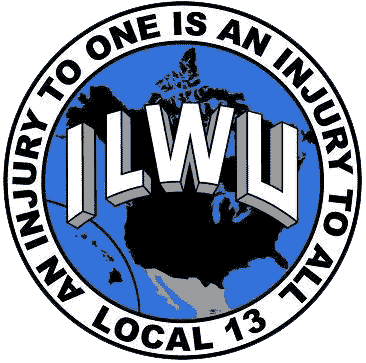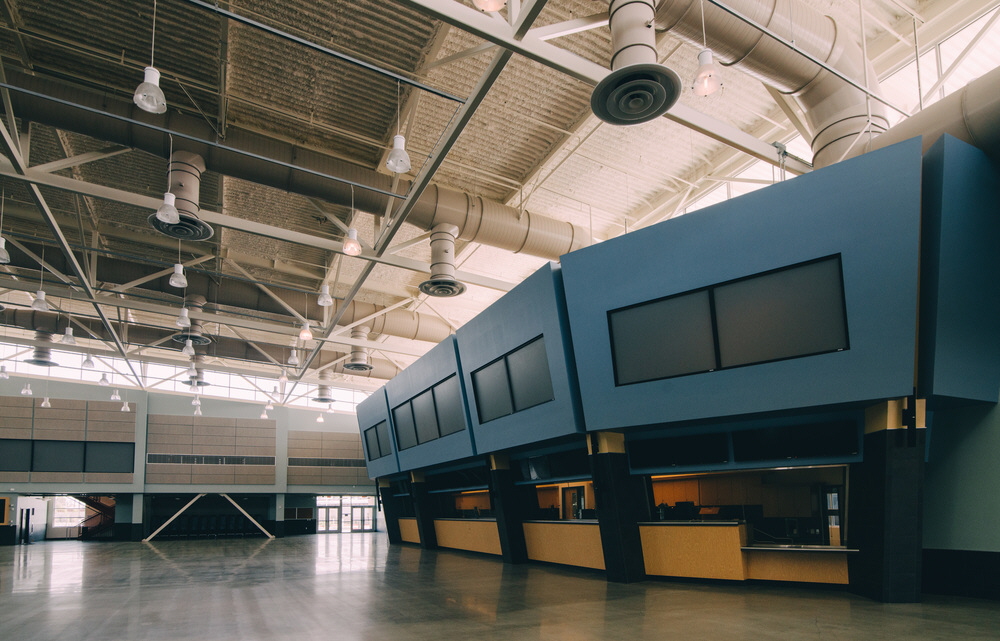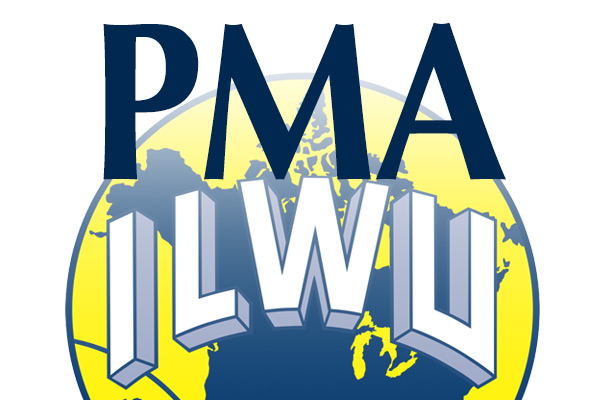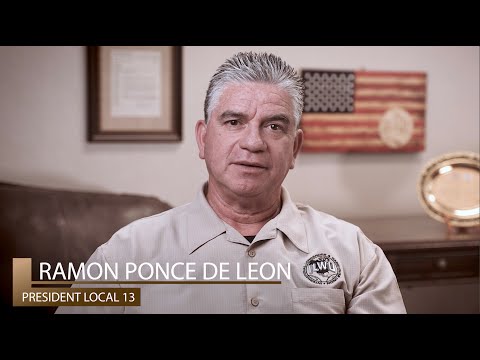
FOR IMMEDIATE RELEASE:
CONTACT: Craig Merrilees 510-774-5325 Jennifer Sargent 503-703-2933
NOVEMBER 3, 2014
Dishonest media offensive by PMA jeopardizes contract negotiations and deflects from a growing congestion problem
SAN FRANCISCO, CA – Monday, the Pacific Maritime Association (PMA), which represents over 70 multinational ocean carriers and maritime companies in contract negotiations with the International Longshore and Warehouse Union (ILWU), began a media offensive against the ILWU. PMA’s media offensive is designed to smear the union and to deflect responsibility from a growing congestion problem that is plaguing major West Coast ports.
PMA’s Press statement dishonestly accuses the ILWU of breaking supposed agreement “that normal operations a West Coast ports would continue until agreement could be reached.” This is a bold-faced lie. No such agreement was ever made, nor could it be made given the parties’ historic disagreement regarding the definition of “normal operations” – a disagreement that has been subject of arbitrations for decades. PMA also falsely states that agreement to temporary contract extensions is standard practice.
The ILWU-PMA contract expired on July 1, 2014. Since mid-May, the parties have met to negotiate a new agreement regularly. During this 6-month period, the union has consistently come to the table in good faith despite PMA’s early pressure tactics, which include, among other things, secretly trying to shift away thousands of ocean container chassis traditionally handled and maintained by longshore workers and refusing to bargain a training program that properly trains longshore workers and prevents non-qualified workers from operating dangerous equipment.
Today’s unilateral media blitz by PMA will only delay progress at a critical point in the contract negotiations. Delays at the negotiating table are also reflected in the growing congestion problem at major West Coast ports.
“Congestion at key ports is the result of three factors- some of which is from employer mismanagement, according to industry experts,” said ILWU spokesperson Craig Merrilees. The three factors are:
1. A change in the business model used to maintain and allocate truck chassis. The employer’s decision to change their business model is preventing chassis systems from being delivered to the right place at the right time. The journal of Commerce reported on Oct 10, “ Chassis shortages and dislocations are believed to be the single biggest contributor to marine terminal congestion in Los Angeles-Long Beach.”
2. A Shortage of truck drivers who are needed to move containers at ports has left shippers scrambling to fill vacant positions and haul containers to distribution facilities. On Oct. 13, the JOC quoted and industry insider who said, “Frustrated by port congestion, drayage drivers increasingly looking for jobs – both in and out of trucking.”
3 A shortage of rail car capacity has led to delays in moving containers from the docks to distant locations via rail. On October 31, Progressive Railroading outlined the issue in an article titled “Rail-car backlog record level in 3Q.” Rail capacity has been stretched to the limit by additional shipments of crude oil.
The ILWU has called for talks to resume on Wednesday.
###





